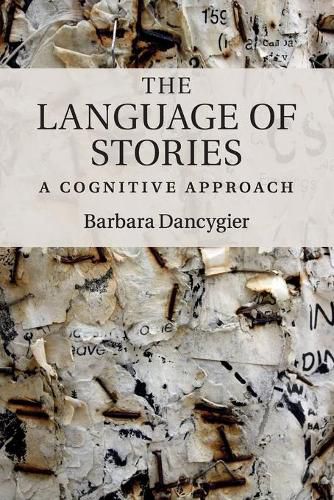Readings Newsletter
Become a Readings Member to make your shopping experience even easier.
Sign in or sign up for free!
You’re not far away from qualifying for FREE standard shipping within Australia
You’ve qualified for FREE standard shipping within Australia
The cart is loading…






How do we read stories? How do they engage our minds and create meaning? Are they a mental construct, a linguistic one or a cultural one? What is the difference between real stories and fictional ones? This book addresses such questions by describing the conceptual and linguistic underpinnings of narrative interpretation. Barbara Dancygier discusses literary texts as linguistic artifacts, describing the processes which drive the emergence of literary meaning. If a text means something to someone, she argues, there have to be linguistic phenomena that make it possible. Drawing on blending theory and construction grammar, the book focuses its linguistic lens on the concepts of the narrator and the story, and defines narrative viewpoint in a new way. The examples come from a wide spectrum of texts, primarily novels and drama, by authors such as William Shakespeare, Margaret Atwood, Philip Roth, Dave Eggers, Jan Potocki and Mikhail Bulgakov.
$9.00 standard shipping within Australia
FREE standard shipping within Australia for orders over $100.00
Express & International shipping calculated at checkout
How do we read stories? How do they engage our minds and create meaning? Are they a mental construct, a linguistic one or a cultural one? What is the difference between real stories and fictional ones? This book addresses such questions by describing the conceptual and linguistic underpinnings of narrative interpretation. Barbara Dancygier discusses literary texts as linguistic artifacts, describing the processes which drive the emergence of literary meaning. If a text means something to someone, she argues, there have to be linguistic phenomena that make it possible. Drawing on blending theory and construction grammar, the book focuses its linguistic lens on the concepts of the narrator and the story, and defines narrative viewpoint in a new way. The examples come from a wide spectrum of texts, primarily novels and drama, by authors such as William Shakespeare, Margaret Atwood, Philip Roth, Dave Eggers, Jan Potocki and Mikhail Bulgakov.